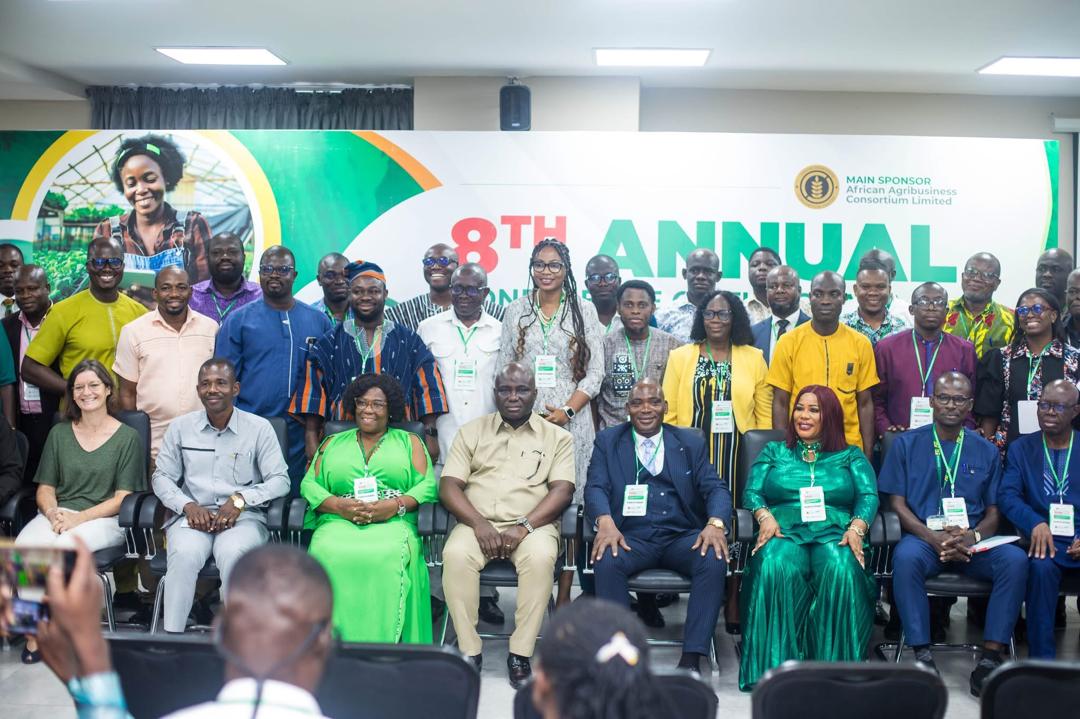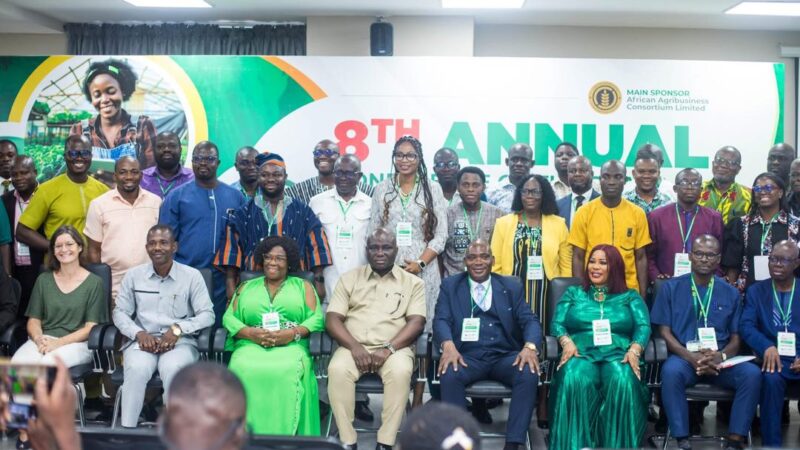
Kumasi, Ghana — As the Government of Ghana prepares to present its 2026 national budget statement on November 13, the Ghana Association of Agricultural Economists (GAAE) has renewed its longstanding call for a significant increase in public investment in the agricultural sector.
In a communiqué issued at the close of the Association’s 8th Annual Conference, held at the Kwame Nkrumah University of Science and Technology (KNUST) in Kumasi, GAAE urged the government to raise the agriculture budgetary allocation to at least 10 percent of total expenditure.
Delivering the communiqué, the National Chairman of GAAE, Professor John K. M. Kuwornu, emphasized that sustained agricultural growth depends on both policy consistency and sufficient resource allocation.
“In addition to providing an enabling policy environment,” he said, “we, the members of GAAE, call on the government to increase the budgetary allocation—at least 10 percent—for the agricultural sector to ensure adequate investment in agribusiness and drive the needed transformation of Ghana’s agri-food system.”
Professor Kuwornu explained that such an increase would not only strengthen the country’s food production capacity but also advance the goals of national programs such as the Feed Ghana Programme.
“Sustainable agribusiness is critical in achieving the objectives of the Feed Ghana Programme,” he noted. “The Ghana Association of Agricultural Economists stands ready to offer technical support to the government to ensure its success.”
The communiqué further warned that without substantial and sustained investment, Ghana risks continued reliance on external sources for food security.
“Without adequate funding for agriculture,” the statement said, “Ghana will continue to depend on others to achieve its food security.”
The three-day conference, themed “Transforming Agri-Food Systems in Developing Economies through Sustainable Agribusiness Development,” brought together agricultural experts, researchers, and policymakers from across the country to discuss evidence-based strategies for revitalizing Ghana’s agricultural economy.
Story by Richmond Frimpong





